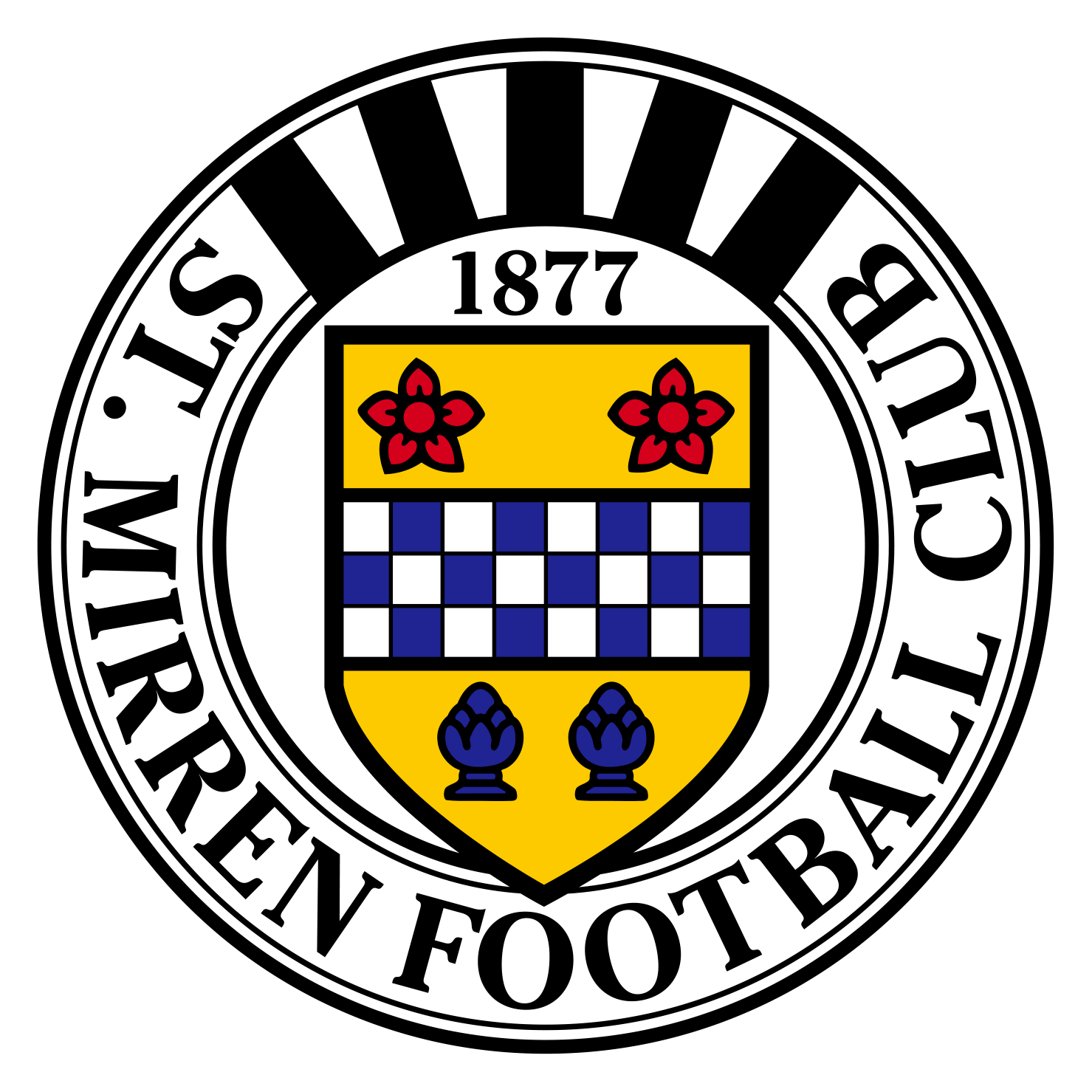We would respectfully ask that anyone who has any cold or flu like symptoms does not attend the game this evening.
While there is every likelihood that you will just have the cold or flu it is imperative that we protect the health and wellbeing of all these who attend the game and we cannot take any risks.
Our stewards will be briefed accordingly and anyone with cold or flu like symptoms will not be admitted.
We apologise in advance for any inconvenience caused.
Information about the virus
A coronavirus is a type of virus. As a group, coronaviruses are common across the world. COVID-19 is a new strain of coronavirus first identified in Wuhan City, China in January 2020.
The incubation period of COVID-19 is between two to 14 days. This means that if a person remains well 14 days after contact with someone with confirmed coronavirus, they have not been infected.
Signs and symptoms of COVID-19
The following symptoms may develop in the 14 days after exposure to someone who has COVID-19 infection:
- cough
- difficulty in breathing
- fever
Generally, these infections can cause more severe symptoms in people with weakened immune systems, older people, and those with long-term conditions like diabetes, cancer and chronic lung disease
How COVID-19 is spread
From what we know about other coronaviruses, spread of COVID-19 is most likely to happen when there is close contact (within 2 metres or less) with an infected person. It is likely that the risk increases the longer someone has close contact with an infected person.
Respiratory secretions produced when an infected person coughs or sneezes containing the virus are most likely to be the main means of transmission
There are 2 main routes by which people can spread COVID-19:
- Infection can be spread to people who are nearby (within 2 metres) or possibly could be inhaled into the lungs.
- It is also possible that someone may become infected by touching a surface, object or the hand of an infected person that has been contaminated with respiratory secretions and then touching their own mouth, nose, or eyes (such as touching door knob or shaking hands then touching own face)
There is currently little evidence that people who are without symptoms are infectious to others.
Preventing spread of infection
There is currently no vaccine to prevent COVID-19. The best way to prevent infection is to avoid being exposed to the virus.
Public Health England (PHE) recommends that the following general cold and flu precautions are taken to help prevent people from catching and spreading COVID-19
- Cover your mouth and nose with a tissue or your sleeve (not your hands) when you cough or sneeze. See Catch it, Bin it, Kill it
- Put used tissues in the bin straight away
- Wash your hands with soap and water often – use hand sanitiser gel if soap and water are not available. See hand washing guidance
- try to avoid close contact with people who are unwell
- clean and disinfect frequently touched objects and surfaces
- do not touch your eyes, nose or mouth if your hands are not clean
If you are worried about symptoms, please call NHS 111. Do not go directly to your GP or other healthcare environment.
If you become unwell
- Contact a steward who will take you to a room to isolate yourself away from others. Try to stay at least 2 metres away from other people.
- Open a window for ventilation if you can, but otherwise touch objects and surfaces as little as possible.
- Use the NHS 111 online coronavirus service to find out what to do next.




















